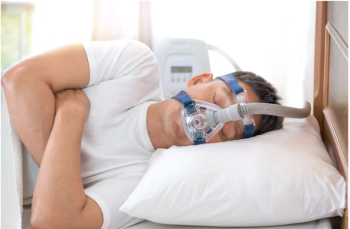
In some instances, metabolites can predict risk in patients who still have normal glucose biomarkers.


In some instances, metabolites can predict risk in patients who still have normal glucose biomarkers.
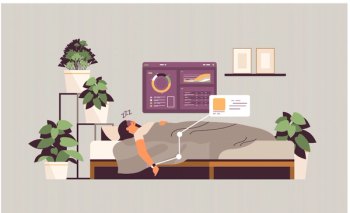
Investigators found genetic evidence that certain sleep behaviors can be risk factors for lifespan.
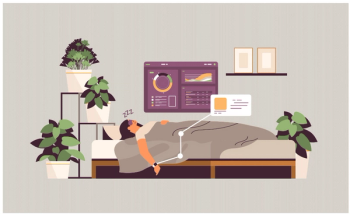
Increased waist circumference and high blood pressure can disrupt circadian rhythm, which can increase risk of progression to poor renal outcomes.

Benzodiazepines have proven effective in managing anxiety and insomnia, but they heighten risk of falls, cognitive impairment, functional decline, and mortality among older adults.
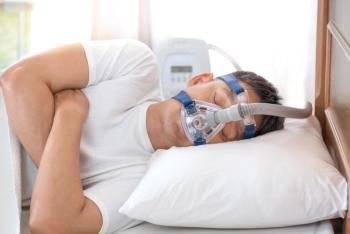
Because medications to treat these conditions are often controlled substances, including pharmacists on the multidisciplinary team (MDT) is invaluable.
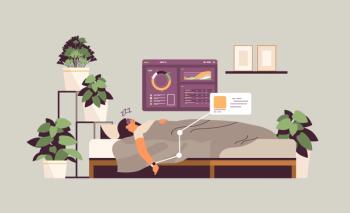
The risk of poor cognitive performance was nearly double in participants who had the greatest number of sleep disturbances compared to the least.
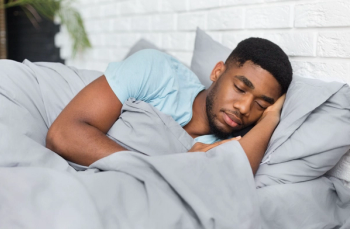
Sleep duration is positively associated with quality of life in adolescents.
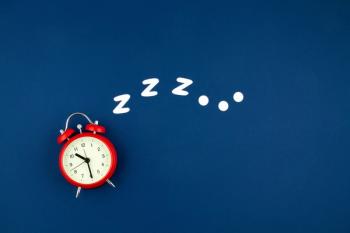
The majority (86.7%) of patients in the study got less than 7 hours of sleep each night.
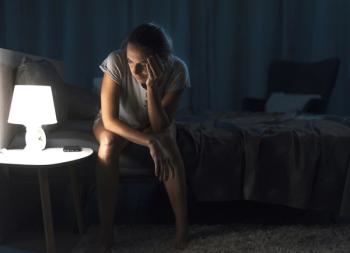
Moderate cycling improved cognitive function in patients who got partial or no sleep.
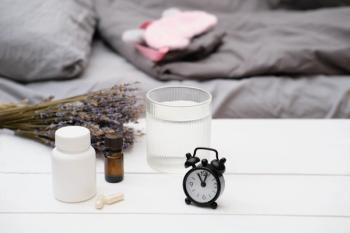
Conducting clinical trials to investigate claims regarding supplements' safety and efficacy can support greater patient wellness.

Only 20% of the patient population were reported as being “very good” sleepers when it comes to sleep disturbances.
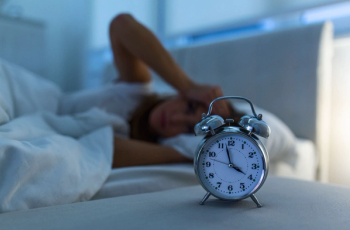
Neuroimaging showed that people who lacked sleep had altered risk-taking behaviors.

Melatonin is not fully regulated by the FDA, and there are concerns about children taking the supplement due to associated risks, such as dependency and overdose.
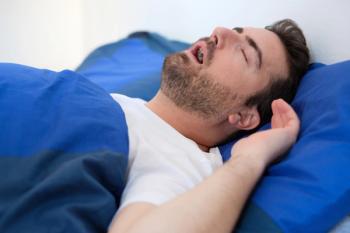
This FDA clearance comes about 11 months after another clearance for appliances to treat mild-to-moderate obstructive sleep apnea (OSA)—the first clearance for oral appliances to treat OSA with supplemental therapies.
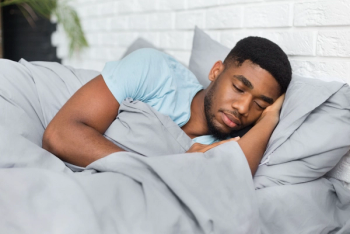
The genes that predispose a person to sleep problems can impact that person across their entire lifetime, so interventions targeted toward a younger audience could be beneficial.

According to 2020 data from the CDC, about 14.5% of adults reported having trouble falling asleep most or every day during the 30 days prior to the survey.

Study finds that probable insomnia disorder was associated with physical health problems and difficulty with anger in veterans.

Risk of long COVID was 3 times higher in those who had pre-existing conditions and a short sleep duration, compared to those with no pre-existing conditions and adequate sleep.

Poor sleep patterns were related to anxiety, depression, body fat gain, and loss of muscle mass in older individuals who are obese.

A study shows a significant increase in left ventricular ejection fraction when using pink noise stimulation with deep sleep.

An overview of antidepressant medications and their indications to inform health care professionals of their wide use and to better understand which antidepressant to recommend based on patient-specific characteristics.

Environmental factors may change sleep patterns over time, which subsequently affects rapid eye movement sleep.
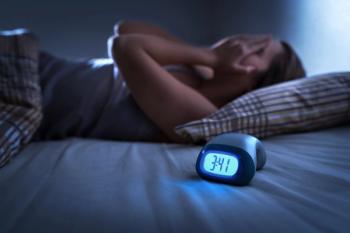
Standard amount of pre-workout should be taken at least 13.2 hours before bedtime to avoid sleep disruptions; however, there was no cut-off time for a cup of black tea.
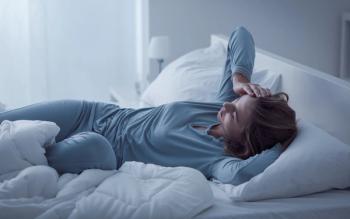
In addition to identifying strategies to reduce the adverse effects of sleep and circadian disruption, the study authors identify the impact of obesity on sleep.
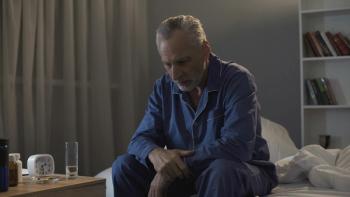
Hypercortisolemia during the late afternoon and early evening is harmful and believed to cause insulin resistance observed with advanced age.